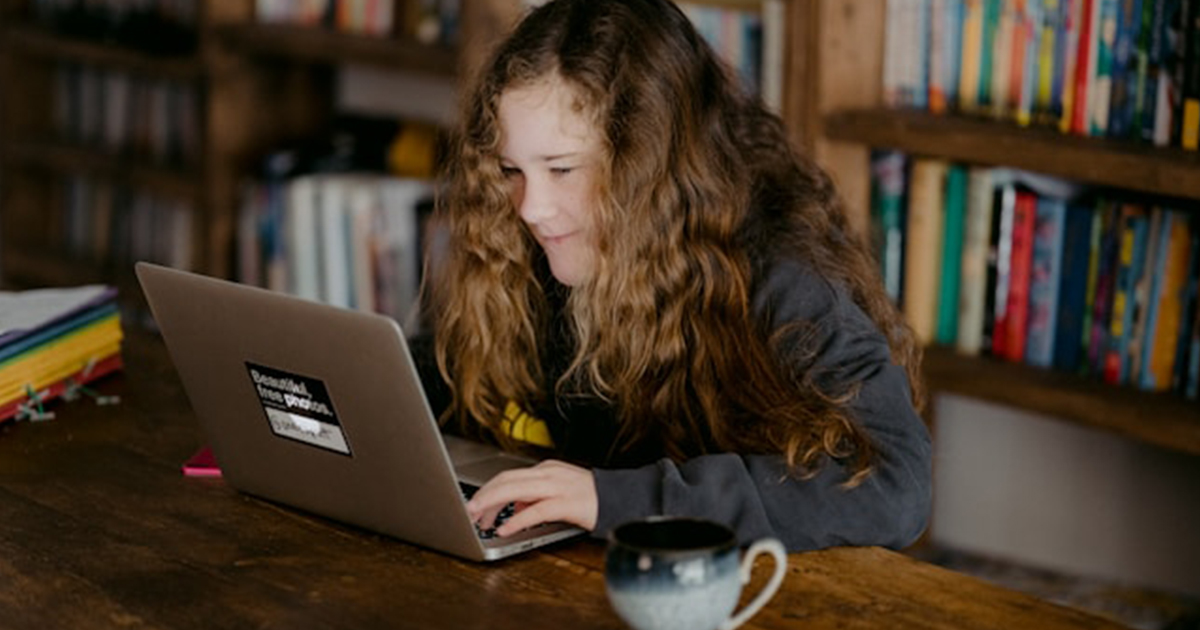Learning the Arabic language makes it easier to travel to Arabic-speaking countries such as Egypt, Morocco, and Jordan. It also helps you to show respect for the language and culture. Arab Academy’s online language courses help prepare you to engage in conversation. Some of the words and phrases that are beneficial to know while traveling include:
- As-salaam Alykum: Peace be Upon You
“As-salaam alykum” translates to “peace be upon you” and can be shortened to “salaam,” which translates to “peace.” This is a common and all-purpose greeting, and using it shows that you respect Arab culture. If someone greets you this way, you can respond with “Wa ‘alaykum as-salaam,” meaning “peace be upon you too.” If you prefer another greeting, you can say “ahlan,” which simply means “hello.”
- SabaaH Alkhayr: Good Morning
You can also use greetings specific to the time of day, including “sabaaH Alkhayr” for “good morning.” There are various responses to this, one of the most common being “sabah al-noor,” meaning “morning or light.” The other time-specific greetings include “masaa’ alkhayr” for “good evening” and “tuSbiH äalaa khayr” for “good night.”
- Hal TataHaddath Al’ingiliiziyya?: Do You Speak English?
Arab Academy helps you become fluent in Arabic. If you are traveling before you can fully learn the language, it may be a good idea to learn how to say, “Hal tataHaddath al’ingiliiziyya?” This translates to, “Do you speak English?” You can use this to try and find someone who speaks English if you need help. You can also learn the phrase “anaa ataHaddath faqaT qaliil min aläarabiyya,” which means, “I only speak a little Arabic.”
- Shukran: Thank you
Saying “shukran,” meaning “thank you,” demonstrates cultural respect and appreciation during your travels. You should use this phrase whenever you usually thank someone, like when someone gives you directions. If someone thanks you, respond with “afwan,” meaning “you’re welcome.”
- Naäam & Iaa: Yes & No’
Knowing how to say “yes” or “no” can help avoid misunderstandings in everyday situations. In Arabic, “naäam” means “yes,” and “Iaa” means “no.” It can be particularly helpful to know these words if you understand more Arabic than you can speak because it allows you to confirm or deny what the other person is asking you.
- Min FaDlik: Please
Knowing how to say “min faDlik” or “please” may help you avoid being rude while traveling through Arabic-speaking countries. There may be times when you need help, such as when you find yourself lost and need directions. Saying “please” and “thank you” may help you get a local person’s attention when you need it.
Learn the Arabic Language With the Arab Academy
Learning common Arabic words and phrases makes it easier to communicate with locals while traveling. Arab Academy is an effective and trusted resource for learning to speak the Arabic language. We offer online courses for different age groups and use writing assignments, fun activities, and tests to help you learn easily and quickly. We also offer an Arabic immersion program for those who want to experience Cairo, Egypt, while receiving detailed language instruction. Sign up to start learning today.







